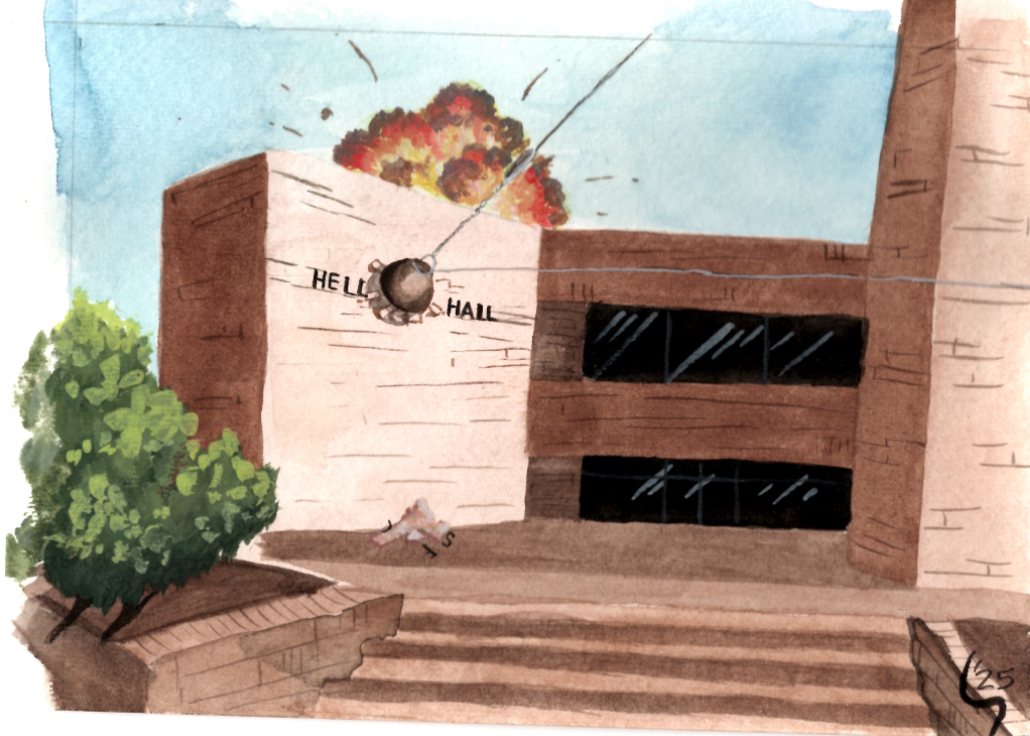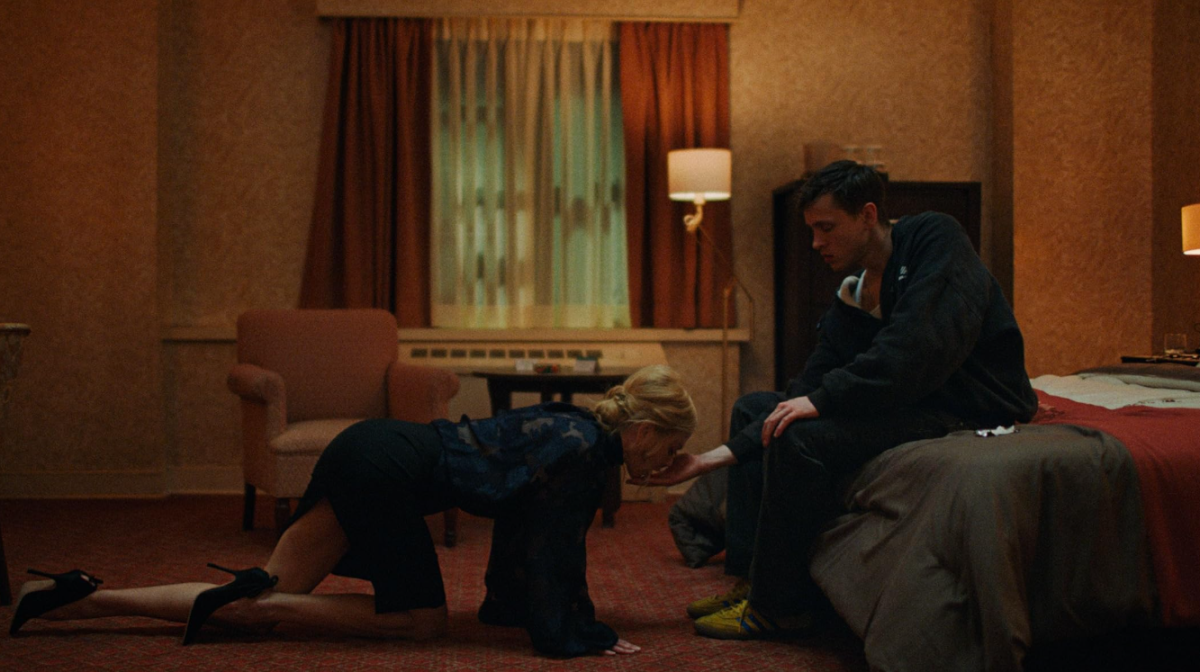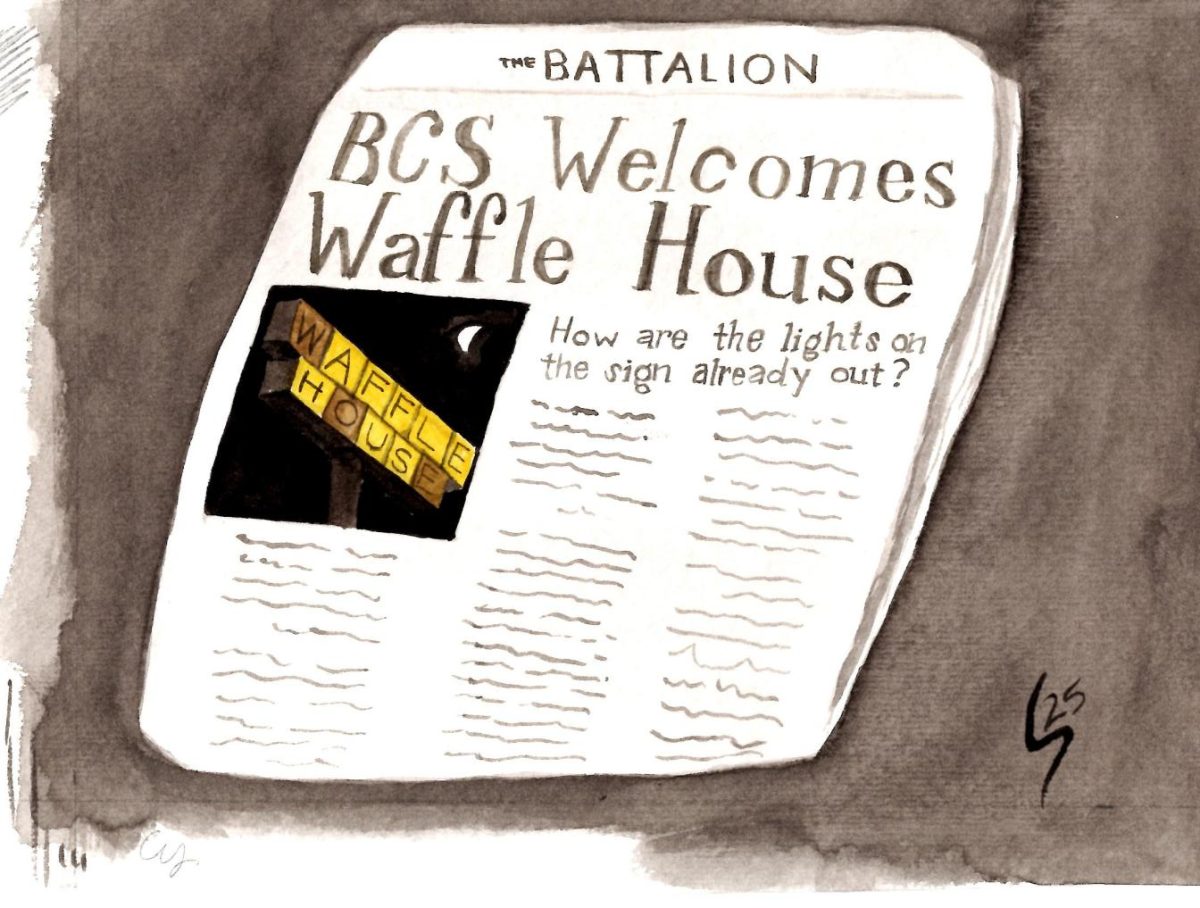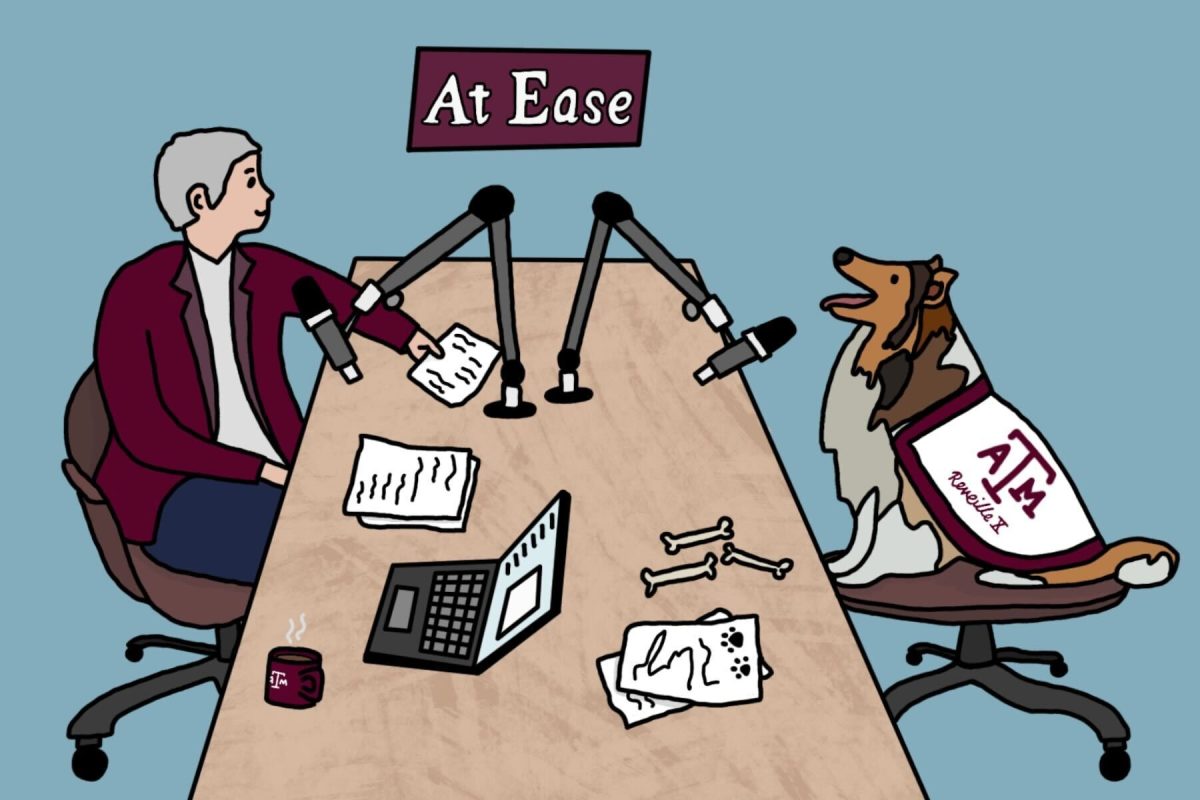Rating: 9/10
Spoilers ahead for “Wicked”.
Musicals are unique in the way they convey a story to audiences. On one hand, a musical lacks the tools of a traditional film: ordinary spoken dialogue and the slowed pace which accompanies them.
On the other hand, a musical-style work is able to harness the power of music (obviously) in a fashion far beyond the abilities of ordinary film, meaning that — if executed well — a musical can carry a powerful narrative punch as well as a unique artistic twist which is not usually seen in media.
However, if executed poorly, a musical can seem to last twice as long as a normal movie, turning its primary artistic quirk into a horrible vice. If you’re like me, then you’ve almost certainly turned on a bad musical at one point in your life only to think, “There’s too much singing in this.” We’ve all been there.
Fortunately, the original “Wicked” stage play doesn’t suffer from almost any of these execution issues. However — and less fortunately — the “Wicked” film does suffer from a few of these hindrances. Don’t get me wrong, the adaptation does an incredible job most of the time, but there are a few areas where it falls a little flat, particularly regarding length.
Let’s start with the positives.
An actress’ ability to deliver their lines well is doubly important in a musical, since even more of its emotional and storytelling power hangs in the balance of any individual actress’ performance when compared to a traditional film. Thankfully, “Wicked’s” cast completely succeeded on this front because of the brilliant casting for the two leading roles in the movie — Elphaba, played by Cynthia Erivo, and Galinda, Ariana Grande.
I hadn’t watched much of anything starring Erivo before Wicked, but I think it’s clear to even first-time viewers like myself that she is incredibly well-suited for her role.
At least for the first act of the play — which is what the movie covers — Elphaba’s position is that of a social outcast coming into her own. She is led to the discovery of her power partly through her own natural abilities and partly because she has to resist the evil and corrupting forces of Oz.
As such, the delivery of her lines and songs is one of increasing power, culminating in the famous “Defying Gravity” number. She absolutely dominates the screen when she’s on it, and her portrayal is one which wrestles convincingly with ideas of fear and trepidation while maintaining an inspirational and powerful light. It’s an incredible performance you just have to see for yourself.
Contrary to my unfamiliarity with Erivo, I’ve listened to Ariana Grande a lot; she’s been at the number one spot on my Spotify Wrapped for three consecutive years. Even though I’m definitely an Arianator, I was initially a little skeptical if she could pull off her position as Galinda given her usual style of singing.
Thankfully, my fears were put to rest the moment she came into frame. Grande strikes the perfect balance in her role: she acts like everyone owes her the world, yet she isn’t so obvious as to make it too absurd to watch.
Additionally, her vocal abilities actually turn out to be a huge asset in her role. A number of her lines are delivered with an extra flourish or trill that maintains Galinda’s faithfulness to her stage play counterpart while adding Grande’s authenticity. These changes make a difference — and for those who appreciate Grande’s vocal talent, it is much appreciated.
These two castings are really where most of the improvement was made from the stage play to the movie. There are other elements in the movie that maintain the value of the original play without really improving it. The sets and costumes are well designed and the other characters who play significant roles are generally good, with an especially standout performance from The Wizard — particularly in his single “A Sentimental Man” — and the sound is great as always.
Unfortunately, this is where my one gripe with the film adaption comes in: it’s just too long. The entire original play is only 2 hours and 45 minutes with an additional 15-minute intermission, while the movie is 2 hours and 40 minutes. This wouldn’t ordinarily be a problem, except for the fact that the movie only covers half the plot of the entire play.
A fair amount of this time is spent simply stretching out numbers we’ve already seen in the play. That might be fine in terms of pure content, but this can often ruin the pacing of certain parts of the movie, especially near the beginning and end.
Despite the sometimes lagging pace that “Wicked” takes, when it excels, it blows you out of the water.
From incredible new castings to faithfully redesigned sets, this is one of my favorite musical adaptations in recent memory. Although I’m not super pumped about the fact that the entire “Wicked” movie adaptation — part one and part two — is probably going to be in excess of five hours, I’ll definitely be coming back for round two.
And please, if you don’t plan on seeing “Wicked”, at least listen to the soundtrack. It’s available for free, and it’s worth every second.
Kaleb Blizzard is a philosophy sophomore and opinion writer for The Battalion.











